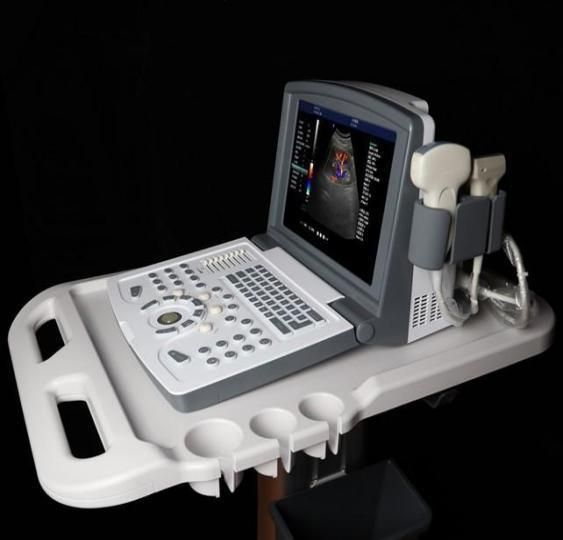The new simple and flexible device can read an animal for stress, hydration and general wellbeing and send the data to a smartphone.
Scientists based in Ireland have developed a new kind of flexible device that can be used as tags on farm animals and send health data to farmers’ phones. Cow Scanning Equipment

Based at the Tyndall National Institute, one of the institutes that hosts the VistaMilk Science Foundation Ireland research centre focused on agriculture, the team of scientists say the new material is so inert and flexible that it could be formed into ear tags, udder tags or skin patches.
Its curvature does not affect its ability to function, and the devices can read an animal for stress, hydration and general well-being.
“We’ve got an inert, chipless, batteryless, flexible transmitter – and no electronics means no electronic waste, lower cost, and easier production – and we’ve got sophisticated machine learning programmes to interpret the data,” said Tyndall researcher Dr Brendan O’Flynn.
“At the moment, we’re able to gather information about animal welfare and well-being. In the future, we should be able to gather information about specific diseases and conditions,” added O’Flynn, who is also principal investigator at VistaMilk.
“The antennas – or transmitters – could be wearable patches, or bracelets, that might enable the same monitoring of health data in humans.”
Key to the novel technology’s functioning is the ability to interpret the data that is being gathered from the patch or tag by special scanner, which function much like retail barcode scanners, situated in milking parlours or cowsheds in the case of cows.
AI models trained on data collected by what the team describes as “state-of-the-art robots” then help to accurately decode the data collected.
Donagh Berry, director of VistaMilk, added that the research centre’s aim is to “digitalise dairy” and that this new tech “takes us further down the road to a data-driven Irish dairy sector” and will allow for a “more efficient and productive system” that is climate-friendly.
“Dairying has been taking place in Ireland for 6,000 years. It employs 60,000 people, sustains 17,500 family farms and delivers €6.8bn to the economy each year,” he went on.
“It’s initiatives like this, helping us be more efficient and more productive, while mitigating environmental impact, that will secure the future of the dairy sector.”
10 things you need to know direct to your inbox every weekday. Sign up for the Daily Brief, Silicon Republic’s digest of essential sci-tech news.
Related: AI, Science Foundation Ireland, Tyndall National Institute, agriculture
Vish Gain is a journalist with Silicon Republic

Dinamap Portable Ultrasound Machine All content copyright 2002-2024 Silicon Republic Knowledge & Events Management Ltd. Reproduction without explicit permission is prohibited. All rights reserved. Website by Square1.io